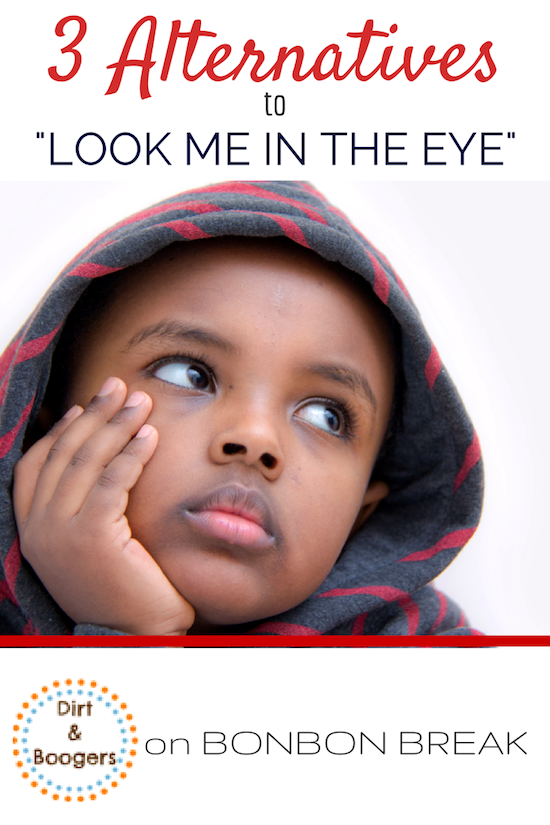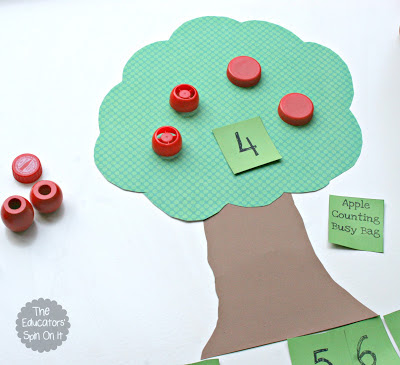Not Down THERE! A Parent Guide to Body Exploration in Young Children

At this stage of my life and my career, I’m getting a lot of questions from friends and colleagues about touching “down there” as a lot of us have toddlers, yet I’m usually the only sex educator people know. Here are some common concerns I’ve been getting lately:
“Fred loves to pull on his penis ALL the time. Is this normal?”
“Jocelyn wants to play with her baby brother’s penis in the bath. What should I do?”
“Jackson has started putting his finger in his anus. His anus! This can’t be good.”
“Leah wants to pull on my nipples and then hers and then mine. Ummm….help?”
“Hannah pulls on her labia every time she uses the potty. This has to be gross, right?”
“Gia puts her hands down her pants sometimes, and my mother said I should tuck her shirt in or make her wear overalls to keep her from doing it.”
The short answer to all of these fears, is: “Relax, your kids are completely normal!”
Why do young kids touch their genitals?
Young children love exploring the human body, whether it be their own or their mom’s or siblings’, etc. Babies start out touching eyes and noses and move on to other parts as they discover them. And you know what that means? Genitals are no different. So if your toddler is feeling her vulva during a diaper change or stretching his penis in the bathtub, it is all about figuring out what those parts do.
Up until recently, parents and even the medical community did not recognize genital exploration among infants and young children as masturbation, it was treated as a disorder and lots of money was wasted on very expensive tests and treatment (1, 2). Don’t worry, genital exploration among young kids isn’t sexual per se. There are just millions of nerve endings that make genitals more sensitive than other body parts (3). During infancy, toddlerhood and early childhood, genital arousal is recognized by the brain as comfort by releasing endorphins (3). It’s not triggering the sexual response cycle. However, at some point during childhood and certainly during puberty, genital arousal does trigger the sexual response cycle to prepare the body for orgasm. In short, if sexual abuse is not in the picture, you don’t need to worry about your child being ‘too sexual too soon’ because they are exploring their bodies. If you do suspect sexual abuse, click here for resources. If not, just know that your child is perfectly normal and here’s what you can do to respond to the curiosity:
What to do about it?
1. Don’t panic!: Parents might react with fear and disgust by gasping, yelling or swiping a hand away which sends the message that the child is wrong or there is something wrong with them. Masturbation at any age is normal, causes no physical harm, poses no risk for disease, releases endorphins, and promotes a sense of self-connection (3). I realize and respect that there are religious beliefs that are staunchly against any masturbation of any kind. If you hold these beliefs, I challenge you to remain positive as you approach this topic with your child, because sexual shaming is damaging and is not easily overcome. Bottom line, shaming a child around sexuality creates an association of pleasure with guilt and shame, which you can imagine creates all sorts of sexual problems throughout adulthood regardless of abstinence beliefs and practices (4).
2. Ignore it: As long as you remain calm and caring, simply not acknowledging the touch during a diaper change, nakey time, or bath time is a great approach. It sends the message that this type of touching is no big deal which sets the tone of approachability for future conversations about bodies and sex.
3. Acknowledge curiosity: Acknowledge that anuses, vaginas, penises, nipples, etc. are super cool! They feel sensitive compared to other parts, they are different colors than other body parts, they are the source of life…be profound if you want! Talking about private parts can be tricky though. I recommend Dramatic Anatomy if you can’t say the word ‘penis’ without blushing. Here is a hilarious account of one mom’s attempt at proper genital naming after reading my previous post on talking to kids about sex. There is no need to be an expert-buy a book! Books help parents just as much as kids. You won’t have to make up what you want to say, and reading the book to your child confirms to yourself and your child that you two are not alone. Many parents and kids use books to talk about bodies, that’s why they’re so popular. The two I recommend the most for children under 7 are Who Has What and Amazing You! I have both for my daughter. We read them occasionally as the need arises and then they go back on her shelf just like any other book. No biggie.
4. Distract if needed: Although it is completely normal to touch your own genitals, it is private behavior. Which means you likely don’t want your child exploring their genitals on a playdate, at the library, etc. Simply offer up a toy, point out the slide, etc. just like you would do if you wanted to distract your child from whining or other unwanted public behavior.
5. Explain privacy: As your toddler gets older (about age 3) it’s important to set some boundaries for genital exploration. It doesn’t hurt to mention these boundaries in a loving tone before 3 years old, just know that your toddler likely won’t understand what you’re saying, but they’ll understand your tone. Explain that genitals are private parts. Which means that we touch them in bedrooms and bathrooms only and we don’t touch other peoples’ genitals. As they get much older you can expand on touching others and having others touch them with consent as they can grasp those concepts and learn about sexual behavior, but no need to worry about that concept with wee ones.
6. More words! More words! More words!: Using more words when explaining transforms the interaction. For example, “Don’t touch that!” vs. “Please don’t touch your vulva right now. We are eating and there are germs we don’t want to get in our food.” Or “Please don’t touch your penis right now. We are at the library which is a public place and your penis is a private part.” Even if your young one doesn’t understand the latter explanations, the added words make the tone much less shameful.
7. Teach care: Explain that genitals need extra care. We need to be gentle with our genitals, kind of like with our eyes. Even older babies and toddlers know not to touch eyes too much or the eyes of others. So they can understand the concept of different body parts having different needs, which helps them understand the concept of why you shouldn’t touch others’ genitals (like your brother’s because you wouldn’t touch his eyes, they are too sensitive). You can even teach that we need to use clean hands when touching and need to wash hands after touching. You can also use the hand washing explanation to teach about germs in a non-shaming way, which should also cut down on touching, especially during potty time or meal times.
Many of the parents I talk with through my work did not receive positive messages about exploring their bodies while growing up. Many want to do better for their own children, but don’t know how to do it. Bottom line, keep trying and don’t worry if you make mistakes. You are raising a human being. If you find yourself shaming or reacting negatively, it’s ok to apologize to them and say, “Let me try that again.”
SOURCES:
(1) Finkelstein, E., Amichai, B., Jaworowski, S., & Mukamel, M. (1996). Masturbation in prepubescent children: A case report and review of the literature. Child: care, health and development, 22(5), 323-326.
(2) Yang, M. L., Fullwood, E., Goldstein, J., & Mink, J. W. (2005). Masturbation in infancy and early childhood presenting as a movement disorder: 12 cases and a review of the literature. Pediatrics, 116(6), 1427-1432.
(3) Beier, K. M., & Loewit, K. K. (2013). Basic Understanding of Human Sexuality. In Sexual Medicine in Clinical Practice (pp. 9-17). Springer New York. (4) M. Adams, Donald W. Robinson, K. (2001). Shame reduction, affect regulation, and sexual boundary development: Essential building blocks of sexual addiction treatment. Sexual Addiction & Compulsivity, 8(1), 23-44.
PIN FOR LATER:
This post was syndicated with permission to BonBon Break Media, LLC.









